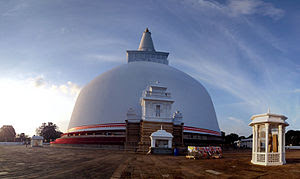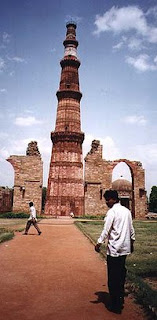A Selection of Famous Quotes on India
There is no doubt that w orld’s debt to India is immense. Many good things have been said, rightly so, about this country by scholars, scientists and great men of the world. Below are some of the famous quotes on India. "India is the cradle of the human race, the birthplace of human speech, the mother of history, the grandmother of legend, and the great grandmother of tradition. Our most valuable and most instructive materials in the history of man are treasured up in India only." - Samuel Langhorne Clemens, better known by his pen name Mark Twain. American Author "India was the motherland of our race, and Sanskrit the mother of Europe's languages: she was the mother of our philosophy; mother, through the Arabs, of much of our mathematics; mother, through the Buddha, of the ideals embodied in Christianity; mother, through the village community, of self-government and democracy. Mother India is in many ways the mother of us all". -

